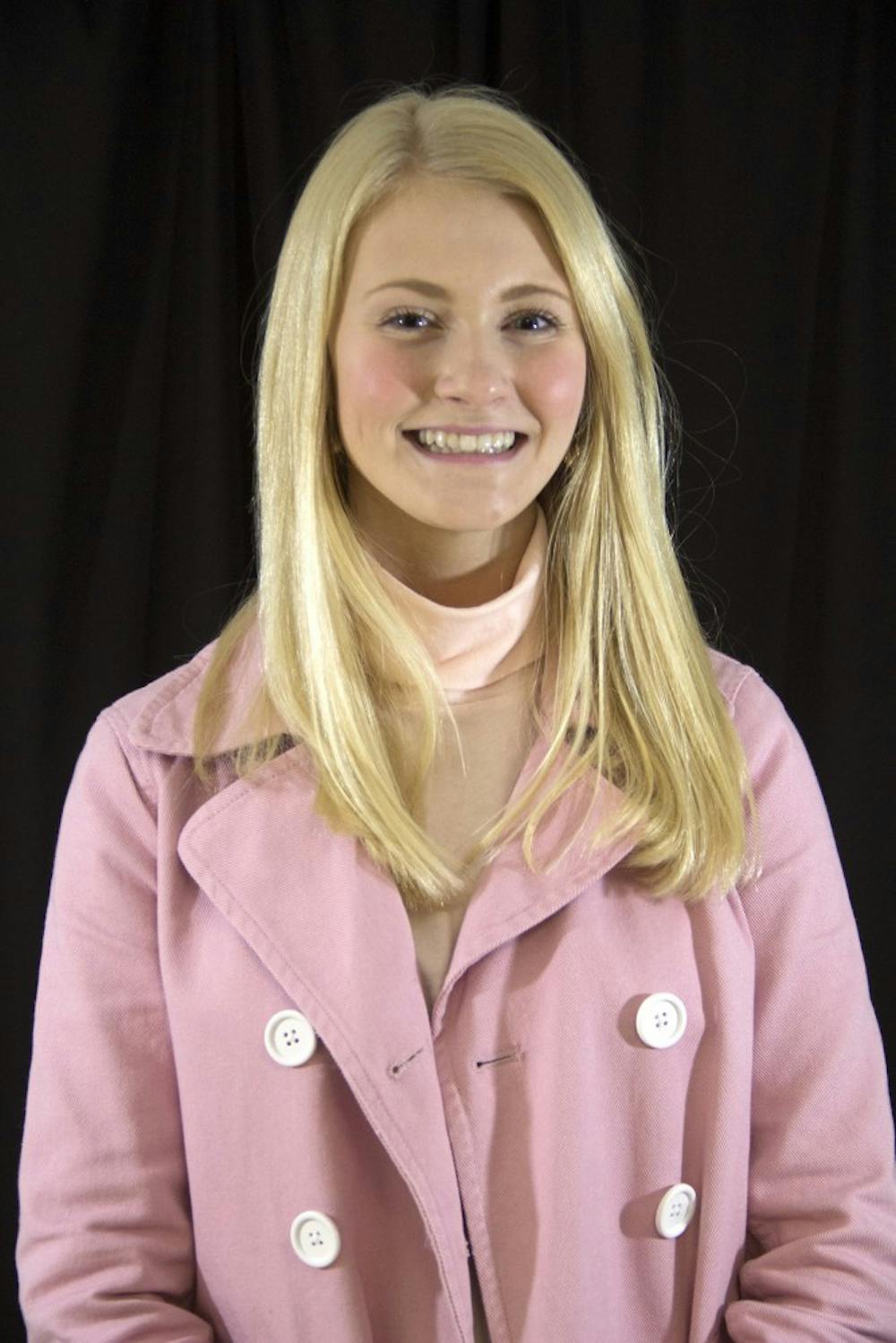Getting into undergraduate research is an essential part of college for science students.
It helps teach practical knowledge and life skills, makes you stand out from your peers when competing for internships, jobs and graduate schools, and helps you figure out what you want to do with your life.
When I began searching for colleges in high school, I knew I wanted to study biology. I wanted to pursue research as a potential career. I thought I wouldn’t have the chance, however, to research as an undergraduate.
Oftentimes, large colleges don’t afford undergraduates the opportunity to try research during their first four years in college.
UB, however, welcomes undergraduates into research positions and encourages them to pursue whatever topic they may be interested in.
I can’t speak on behalf of other academic disciplines, but I know from experience that having undergraduate research under your belt puts you miles ahead of your peers.
You are thought of as more serious, intelligent, mature and focused the moment people find out that you conduct research.You are immediately able to apply to so many more experiences, like internships, outside research and careers.
Last summer, I had a lab-based internship. This summer, I have another internship. If I didn’t have research experience working in a lab as an undergraduate, I would not have qualified for these jobs and wouldn’t have been given a second look.
In order to obtain some of these highly sought-after positions and even a job in some sort of lab after graduation, you need to have lab experience.
There are extensive training periods that accompany internships and those beginning entry-level positions, yet companies do not want to waste their time teaching you basic skills that you could have easily learned beforehand. This also helps companies know that you are competent and can be trusted with lab work.
Research experience is also great to add to your CV when you’re thinking about going to graduate schools.
Not only does research give you an edge in the academic and professional worlds, but it teaches you important life skills like time management, communication, collaboration and independence. Sometimes, if you’re lucky and are a hard worker, the positions are even paid.
To get started, take the time to dive deeper into your different scientific interests: Do you want to do computer-based research or wet lab bench work? Do you want to work in a microbiology lab or a genetics lab? It is important to first figure out your personal preferences about the research you would like to do.
Next, look up different professors at UB to explore the different types of research going on. It is important to look at research labs on both North and South Campus, and even at nearby Roswell Park.
From there, narrow down which research labs you find interesting after a basic search. Then, go more in-depth. Read some of the lab’s publications, especially recent ones, and give yourself a better idea about the lab’s focuses.
If you decide to work in this lab, those papers and publications may be related to the project you will be working on.
Last, contact the professors whose labs you are interested in. Sending an email is probably easiest, and ensures it’s from your buffalo.edu address.
Start by introducing yourself, where you are in your academic career and why you are getting in contact with him or her. Make sure to express your interest in the lab’s research and ask if the lab has any openings for an undergraduate to join.
Don’t be disappointed if the professor doesn’t have any openings —many labs just don’t have room. Pick yourself up and start looking at other possibilities. At least you tried!
It can be nerve-wracking to put yourself out there, but you will never get into research without putting in the effort.
Take advantage of all of the resources UB provides to aid undergraduates in their search for research. When you begin the process, talk to professors in-person or after class, seek the help of your advisor, and make sure to get to know UB’s Center for Undergraduate Research and Creative Activities.
CURCA’s purpose is to help students get connected to research opportunities and once you find a lab position, they can even provide funding for your research and potential conference opportunities later down the road.
UB is a large research university and alongside research professors, postdoctoral, doctoral and graduate students, is a place for undergraduates, too.
Kirsten Dean is the assistant features editor and can be reached at features@ubspectrum.com





